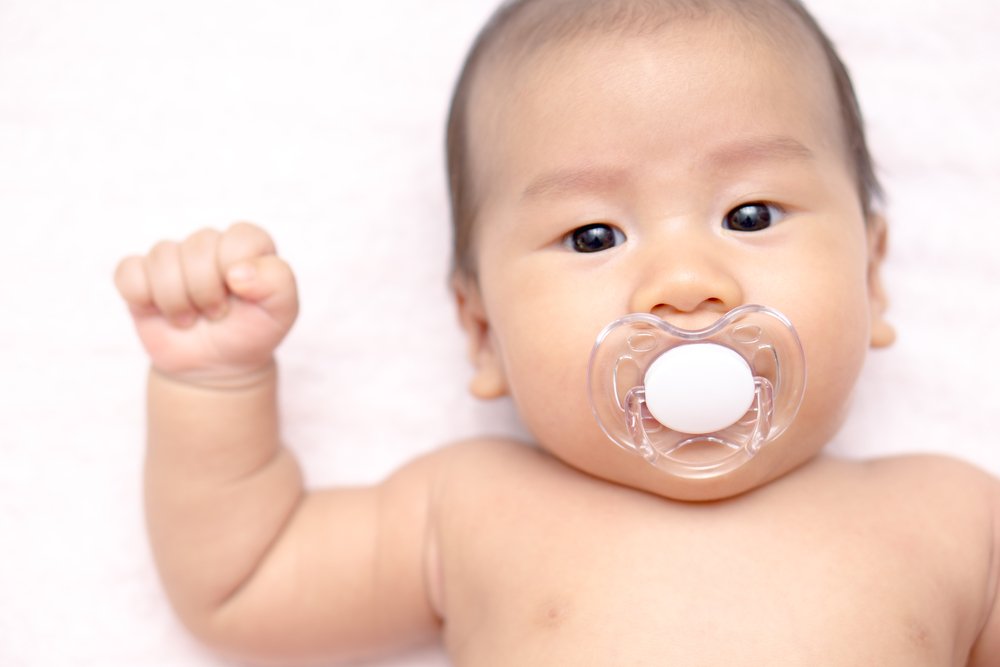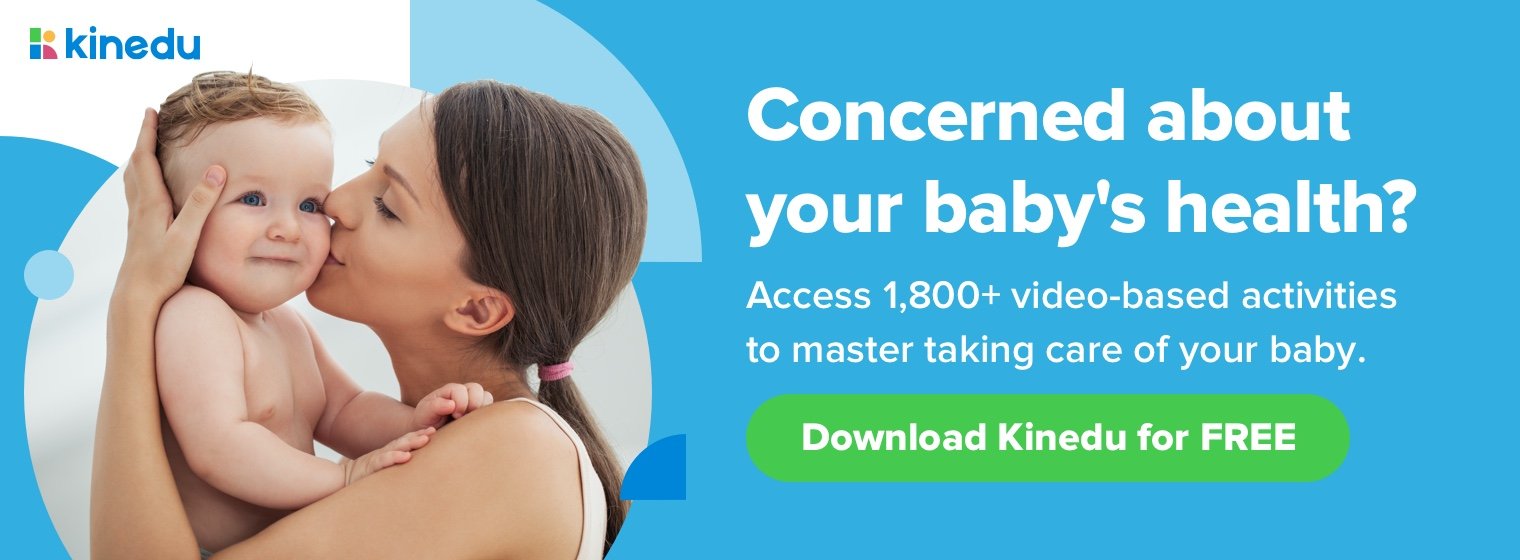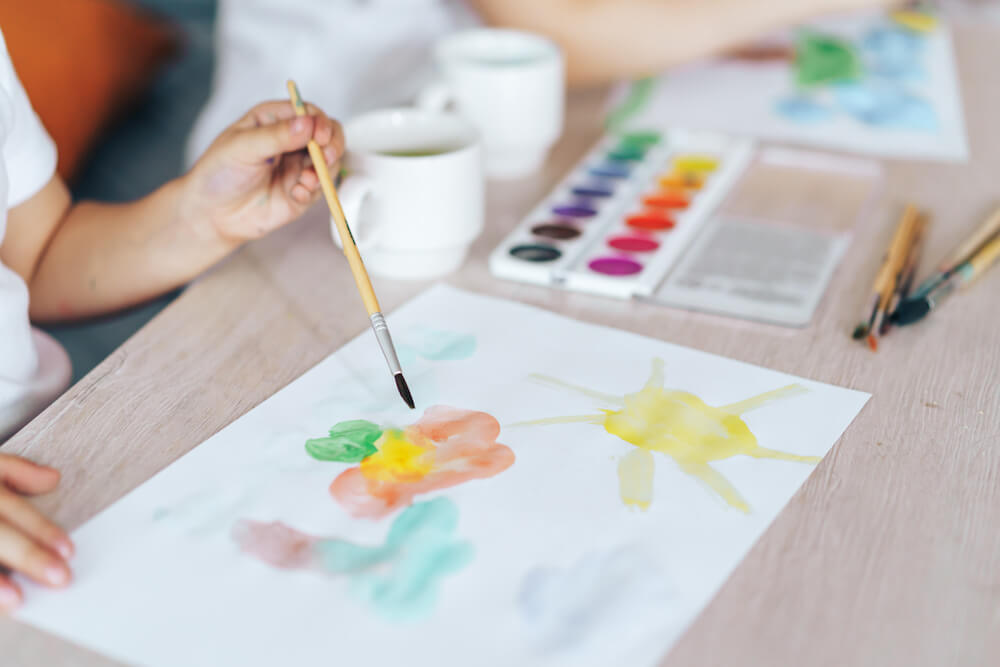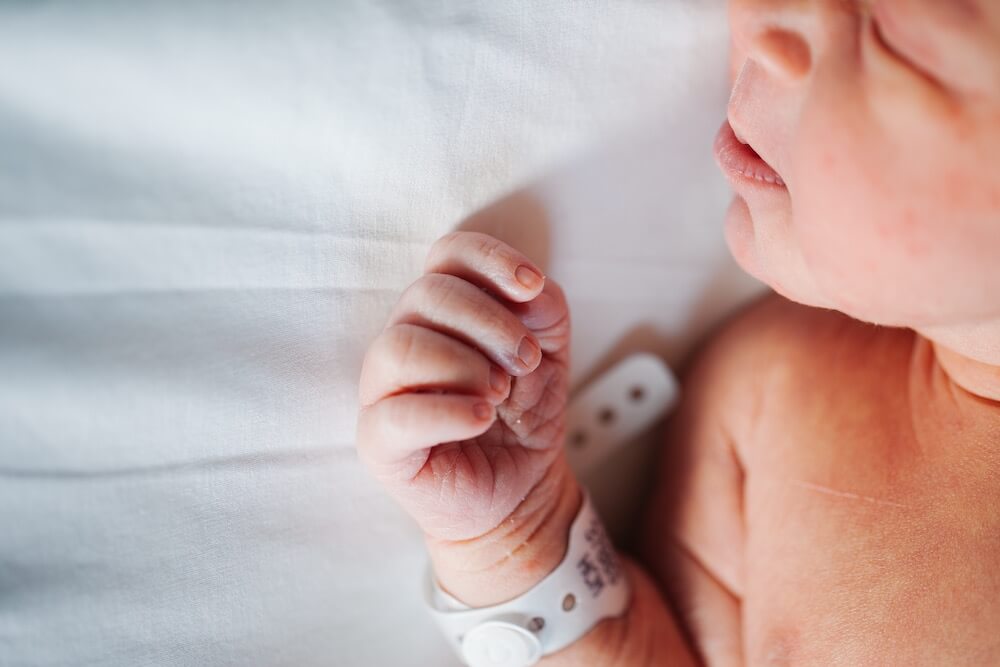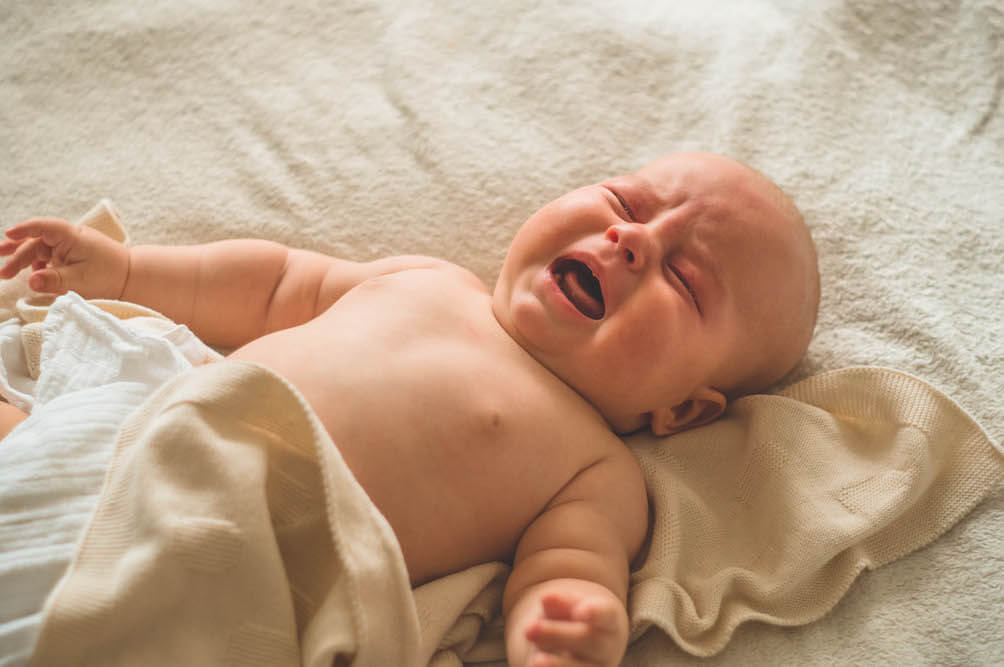Key points:
- Pacifiers may help reduce the probability of sudden and unexpected death of an apparently healthy baby when used during sleep and can also help relax a baby and reduce anxiety.
- Prolonged use of pacifiers can affect a baby’s teeth and cause dental problems, generate emotional dependency, and delay language development.
- It is important to consider the age range for pacifier use, frequently clean pacifiers to prevent infections, and try other methods to calm your baby before using a pacifier.
- If a child continues to use pacifiers past the age of four, it may affect the alignment of their permanent front teeth, and parents can try praise and rewards instead of punishment to help their child quit the habit.
Intuitively, we all know that a baby can calm down when we give them a pacifier. It soothes them, but are pacifiers bad for babies?
Babies take everything to their mouths; from small objects to their thumb. It is a stage where they discover the world through their mouths. This primary reflex, known as sucking, is used to adapt to their surroundings and it is a way for babies to calm down. Sucking is done in diverse situations: when babies are sleepy, hungry, bored, or nervous.
So, are pacifiers bad or good for my child?
The use of the pacifier has several advantages and disadvantages, which we are going to discuss next. Keep them in mind when deciding whether or not to use it.
Pros of pacifier use
- The use of the pacifier may decrease SIDS probability (sudden and unexpected death of an apparently healthy baby) when used during sleep.
- It may relax your baby, reduce anxiety, and help them calm down.
- Reduces thumb suction time, which can cause severe dental problems.
- Its use can make any complicated situation such as air travel, blood tests, vaccines, or medical procedures much easier to bear for babies.
Cons of pacifier use
- The abuse of pacifier use can often interfere with breastfeeding.
- Prolonged use can affect your baby’s teeth and cause dental problems.
- It generates emotional dependence and becomes an indispensable object to ensure your baby’s tranquility. The same happens when kids need the pacifier to get to sleep.
- It can delay the development of language, as babies keep their mouths busy and do not try to reproduce the sounds they hear around them.
- Poor hygiene of the pacifier can lead to infections.
Considerations about pacifiers
As you know, your baby needs your complete attention. That is why it is extremely important to consider the following before giving a pacifier to your little one:
- The recommended age range for pacifier use is from 6 months to 1 year.
- Never force your baby to use the pacifier if it falls out of their mouth during sleep or in any other situation. Avoid using sweet things such as honey, chocolate, sugar, or any other means to persuade them to use it.
- Frequently clean your baby’s pacifier, which will prevent them from getting sick.
- If your baby is feeling nervous or anxious, look for and try different methods to calm them. Do not use the pacifier as your first choice.
- Do not use it to delay or replace meals, remember to offer it when you notice your baby is not hungry.
- If you have any questions, you can always consult your pediatrician.
Also, if you’re looking for a pacifier, keep in mind the next recommendations:
- There are different sizes of pacifiers, so try different kinds and see which one your baby prefers.
- Look for a 1-piece model, since there are models that can break into 2 pieces and be dangerous for your baby.
- Try not to use the nipple of a baby bottle as a pacifier, since it can pop out of the ring if your baby sucks it hard enough.
- Buy extra pacifiers, it is common for them to fall to the ground or get lost.
- Before giving your baby a new pacifier, follow the instructions about boiling it or run it through the dishwasher.
Are pacifiers bad for my child in the following years?
As we mentioned, the use of pacifiers has many pros and cons to consider, and their use is recommended for a certain period –in this case, the first year. When your child is between two and four years old, sucking strongly on a pacifier –or their thumb– can affect the shape of their mouth. However, if they stop using a pacifier or sucking their thumb before their permanent front teeth appear, their bite might correct itself. Don’t worry! Most of the time kids will stop using the pacifiers on their own.
Still, if you notice your child is using the pacifier a lot at an older age and you want to help them quit this habit, avoid forcing them, since harsh words, teasing, or punishment can hurt them and are not an effective way to break their habits. Instead, you can try:
- Praising your kid for not sucking their thumb or using a pacifier. You can also reward them by using star maps, daily rewards, and kind reminders, especially during the day.
- If your child sucks something because they are bored, you can try keeping their hands busy or distract them with things that are fun for them, so they avoid using the pacifier.
- If you notice any changes in your child’s tooth alignment, talk to your pediatrician or pediatric dentist.
Remember that many kids stop using the pacifier before they go to school, but if they haven’t done it yet and you want to do something about it, consider the recommendations above.
As you can see the answer to the question “Are pacifiers bad?” is “Not if it’s done with moderation and within certain time frames”. Still, if you have doubts about it or want more guidance, you can always consult your pediatrician.
If you’d like to learn more, visit:


